- The foundation of the institution and its didactic grounds as a start of successful enterprise
- Local and global co-operation as the source of development and strong partnerships
- University as the motivator to introduce changes
- Education at present times seen as life-long development for everyone
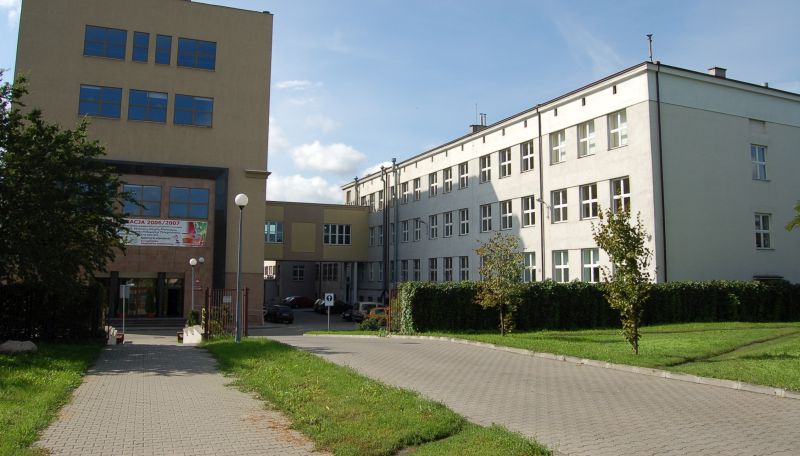 Cuiavian University in Włocławek (called CU for short) is a non-state-owned college founded in 1995 by the Włocławek Scholarly Association.
Cuiavian University in Włocławek (called CU for short) is a non-state-owned college founded in 1995 by the Włocławek Scholarly Association.
The CU offers courses at the bachelor’s degree, master’s degree and post-graduate levels in the following faculties: Administration, Economics, Pedagogics, National Defence, Vocational safety, Construction, Logistics, Transport, Nursing, Nutrition and Physiotherapy. Within each faculty course there are certain specialties.
The College also offers a wide range of post graduate courses. The mission of CU is to provide its students with a comprehensive education in the field of humanities and economics, linguistics and computer science, based on modern programs designed by renown specialists. The College – apart from its educational activities – carries out a wide range of scientific research. Within almost twenty-five years of its operations, Cuiavian University in Włocławek has hosted and organized more than 170 international and country-wide conferences, seminars, scientific sessions and open lectures.
The College started a wide range of publishing activities. Books edited by the CU include both books and publishing series for library use. Publishing series for library use published by the CU include: Scientific Diaries, Scientific Debuts and Open Lectures. So far the College has published more than 200 publications from many branches of science.

Also, the College cooperates in fields of teaching and research with foreign universities. In the academic year of 2020/2021 the College obtained the ERASMUS CHARTER, granted by the European Commission for years 2021-2027. Within the frames of this programme, the CU began cooperation with many higher education institutions from abroad: University College of Boras (Sweden), University of Valencia (Spain), Bozok University (Turkey), Turiba Business School (Latvia), Universty of Azores (Portugal) and the Economic State University in Sofia (Bulgaria) to name just a few. Active participation within ERASMUS+ is the base for academic mobility both for students and staff. Our staff take part in many foreign language courses abroad (in Malta and in Spain). We also run projects for our Open University where participants join international training sessions around Europe.
Students of the University of Cuiavian University in Włocławek are active members of the college’s internal organizations: the Students’ Council, The College Club of the Academic Sports Association, The Polish Students’ Union, and in scientific circles available in all faculties.
 The College has its own system of financial support for students. The CU rewards its best students and those taking part in social activities in favour of the CU with a wide range of scientific scholarships and the Rector’s awards for excellent results in studies. They can also apply for social scholarships and the so-called emergency support.
The College has its own system of financial support for students. The CU rewards its best students and those taking part in social activities in favour of the CU with a wide range of scientific scholarships and the Rector’s awards for excellent results in studies. They can also apply for social scholarships and the so-called emergency support.
The College has its own teaching base, among others, at 1 Plac Wolności., where there is the Rector’s Office, and an auditorium hall for 350 attendants. Faculties as well as inter-faculty units: the Department of Foreign Languages, the Department of Computer Science and the Department of Physical Education own a building offering space of 2.874 m2 (Collegium Minus), with classrooms, laboratories (a modern, multimedia classroom for foreign language studies, a chemical laboratory), five computer labs and canteen facilities for students.
The six-floor building (Collegium Novum) covering a total working space of 4.000m 2 is put into operation for teaching and research purposes. The venue meets all technical standards of the higher education level. In the building there are modern classrooms and conference halls equipped with air-conditioning system, audio-video and a computer networks.
In the central building (located in Plac Wolności) one can find the seat of the Main Library of the CU, which houses the impressive collection of books of over 60,000 volumes. The library has access to electronic databases and e-book services . The Main Library operates in a modern system of barcodes with the SOWA computer program, and has its own book collection available online.
Cuiavian University in Włocławek serves also as a cultural and advisory centre. The CU runs a wide range of cultural activities (European Nights, shows of musical groups, choirs, exhibitions of artists etc.).
The University also organises numerous conferences, scientific seminars and open lectures covering a wide range of subjects. These are not only aimed at students but also at all individuals who want to improve their knowledge of various subjects.
The activities of the Open University should also be mentioned here, as the 60+ citizens of the region are attracted to many courses which are tailored for their needs and expectations. There are over 1800 members of the Open University right now.
Cuiavian University is the successful founder of The Academic Secondary School where over 600 pupils attend every day. This school offers military education and is becoming very popular on the local educational market.
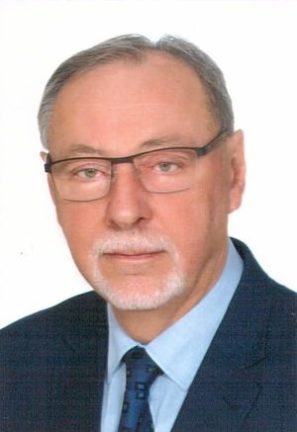
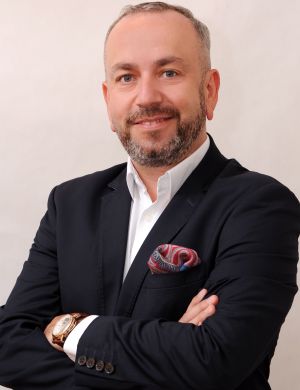
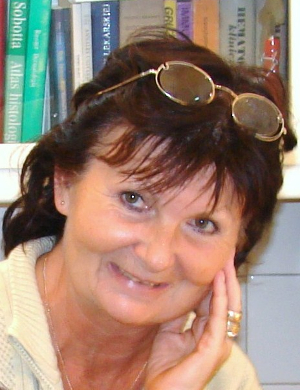
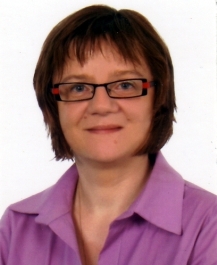
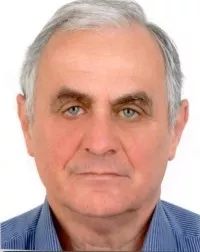
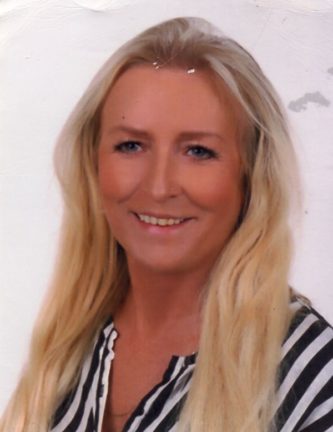
 Cuiavian University in Włocławek (called CU for short) is a non-state-owned college founded in 1995 by the Włocławek Scholarly Association.
Cuiavian University in Włocławek (called CU for short) is a non-state-owned college founded in 1995 by the Włocławek Scholarly Association.
 The College has its own system of financial support for students. The CU rewards its best students and those taking part in social activities in favour of the CU with a wide range of scientific scholarships and the Rector’s awards for excellent results in studies. They can also apply for social scholarships and the so-called emergency support.
The College has its own system of financial support for students. The CU rewards its best students and those taking part in social activities in favour of the CU with a wide range of scientific scholarships and the Rector’s awards for excellent results in studies. They can also apply for social scholarships and the so-called emergency support.